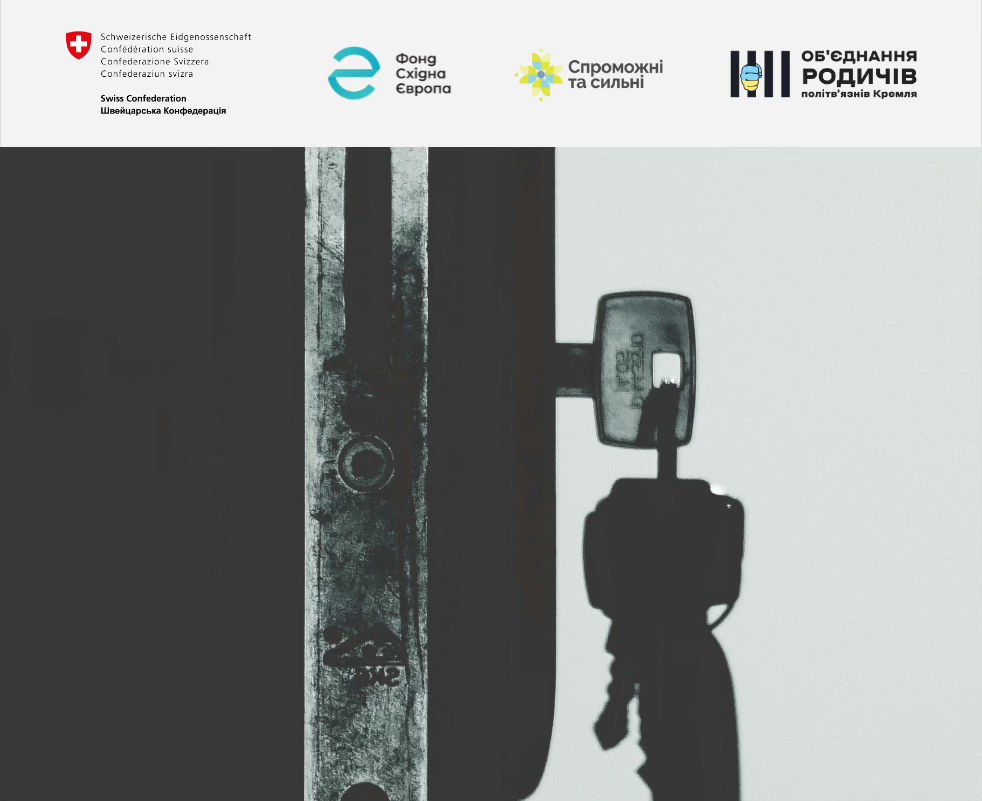

Persons who have been unlawfully deprived of their liberty as a result of the Russian Federation's armed aggression and have the status of internally displaced persons remain virtually invisible in the housing policies of most local communities.
To investigate this issue, we sent requests for access to public information to all local authorities in Ukraine. We received 381 responses, both from local authorities and from communities separately. Their analysis showed that: - 310 communities have no social housing stock at all; - only 32 communities were able to confirm the existence of any social housing (most often, individual premises); - 329 communities have no programmes for people who have been illegally imprisoned; - only 2 communities provided examples of support programmes for this category, and 2 others mentioned a certain priority within the general programmes for IDPs. Examples from the regions: Odesa region: has a social and temporary housing fund (over 4,000 m² in total), but persons who have survived illegal imprisonment are not identified as a separate target group. Zaporizhzhia region: one-time assistance of UAH 50,000 is provided, but there are no housing programmes for released persons. Zhytomyr region (Chopovychi community): there are non-residential premises for IDPs, but the procedure for providing them has not been determined, and there is no housing fund. Conclusions: At the time of the study, no region had a systematic approach to providing housing for persons who are both IDPs and survivors of unlawful deprivation of liberty.
The most vulnerable group remains without priority, accounting mechanisms, standard programmes, and institutional support. This is a serious violation of the right to rehabilitation and integration after release. It is currently practically impossible to obtain housing in accordance with the guarantee provided for by law. This is a violation of rights, and we will continue to advocate for the state to ensure the effective implementation of this provision. We also appeal to the Verkhovna Rada Human Rights Commissioner to take measures to eliminate this violation. Recommendation: Despite the fact that the chances of obtaining housing under the procedure provided for by law are currently almost non-existent, we still recommend submitting the relevant applications to the authorities. These applications are proof of the existing demand from victims. Regular submissions of applications not only record violations, but also put pressure on the state to implement changes and actually fulfil the housing guarantees enshrined in the law. To receive housing assistance, we advise families to contact local authorities with a written appeal (referring to the person's status as an IDP and the fact of unlawful deprivation of liberty) and additionally submit requests for regional support programmes. This refers to local self-government bodies (LSG) or Administrative Service Centres (ASC) in the place where the released person is registered. It is also possible to contact the relevant military-civilian administration if there is no ASC or LSG in the area of residence.
This publication was prepared as part of the ‘Capable and Strong’ programme implemented by the Eastern Europe Foundation with the support of Switzerland.